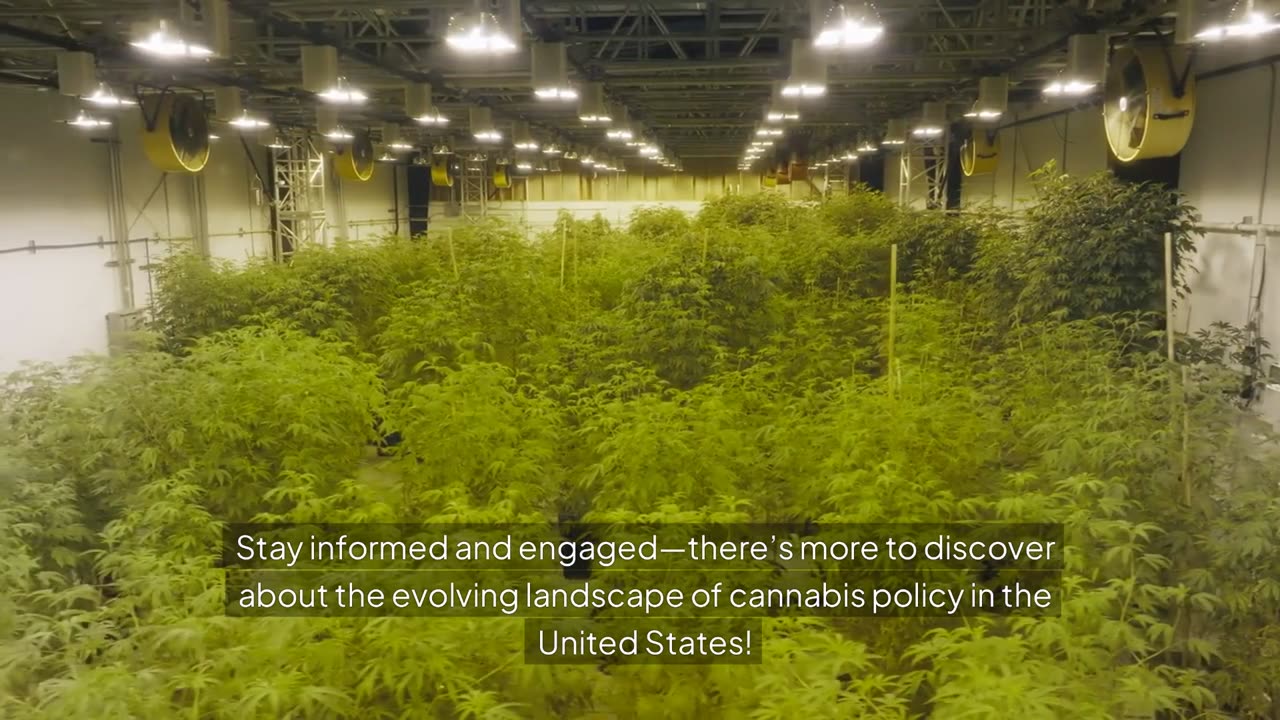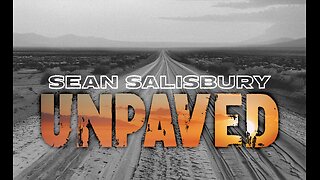Premium Only Content

The Republican Resistance to Marijuana Rescheduling: What's at Stake?
In the latest chapter of America's evolving stance on marijuana, a fierce battle is unfolding as the Biden administration moves to reschedule the drug. Despite widespread public support for this change, a significant faction of Republicans is pushing back, arguing that the rescheduling effort is premature and misguided. This controversy has sparked a heated debate, with implications for the future of marijuana legislation in the United States.
## Chapter 1: The Biden Administration's Move - A New Era for Marijuana
### A Long-Awaited Change
The Biden administration has initiated a formal rulemaking process to reclassify marijuana from Schedule I to Schedule III under the Controlled Substances Act (CSA). Schedule I drugs are considered to have the highest potential for abuse with no accepted medical use, placing marijuana alongside substances like heroin and LSD. In contrast, Schedule III drugs are deemed to have a "moderate to low potential" for physical and psychological dependence, which includes drugs like anabolic steroids and ketamine.
### Public Opinion and Support
The proposal has garnered substantial support, as evidenced by over 40,000 comments submitted during the public comment period, the majority of which were in favor of rescheduling. Advocates argue that this change is long overdue and represents a critical step towards integrating marijuana into the mainstream economy and healthcare system.
## Chapter 2: The Republican Pushback - A Principled Stand or Political Strategy?
### The Opposition's Stance
Despite the public support, a vocal group of Republicans is staunchly opposed to the rescheduling effort. In a detailed 42-page letter, 11 GOP state attorneys general expressed their concerns to Attorney General Merrick Garland. They argued that rescheduling is a step towards "normalizing" marijuana businesses, which they believe poses significant risks.
### Congressional Resistance
The resistance extends to Capitol Hill, where dozens of Republicans have penned letters to President Biden and introduced last-minute amendments in the House and Senate. A notable bicameral letter led by Sen. James Lankford (R-Okla.) and Rep. Pete Sessions (R-Texas) criticized the Justice Department's proposal, claiming it was poorly researched and prematurely concluded that marijuana had a low potential for abuse.
### The Core Arguments
Republicans opposing the rescheduling raise several key points:
1. **Lack of Robust Research:** They argue that despite marijuana's widespread use, there is insufficient research on its long-term effects and potential for abuse.
2. **Normalization Concerns:** They fear that rescheduling will further legitimize and expand the marijuana industry, leading to increased use and societal acceptance.
3. **Regulatory and Economic Impacts:** They warn that the change could complicate regulatory frameworks and economic integration, posing challenges for state and federal authorities.
## Chapter 3: The Broader Implications of Rescheduling
### Medical Use and Research
Rescheduling marijuana to Schedule III could have significant implications for medical research and use. It would potentially increase access to marijuana for medical purposes, facilitating studies on its efficacy and safety. This could lead to new treatments and a better understanding of the drug's medical benefits and risks.
### Economic Integration
For the marijuana industry, rescheduling represents a critical step towards broader economic integration. It could ease some of the regulatory burdens and financial challenges that currently hinder the industry's growth, including banking restrictions and tax issues. However, as the Republican opposition highlights, this integration is not without its challenges and risks.
### Federal vs. State Laws
Rescheduling marijuana does not remove all legal hurdles. It remains illegal under federal law for manufacturing, distribution, dispensing, and possession, creating a complex legal landscape. States with legal marijuana markets will continue to navigate the tensions between state and federal regulations.
## Chapter 4: The Path Forward - Navigating the Controversy
### Bridging the Research Gap
Addressing the research gap is crucial for informed policy-making. Increased funding and support for comprehensive studies on marijuana's effects could help bridge this gap, providing a clearer picture of its potential benefits and harms. This data is essential for developing balanced regulations that protect public health while accommodating legitimate uses.
### Finding Common Ground
To move forward, it is vital for policymakers to find common ground. While the opposition is significant, there is also widespread support for rescheduling. Engaging in open, bipartisan dialogue can help address concerns and find solutions that balance the benefits of rescheduling with the need for careful regulation.
### Public Education and Awareness
Educating the public about the implications of rescheduling is essential. Clear communication about what the change means, its benefits, and potential risks can help build informed public support and mitigate fears. This includes addressing misconceptions and providing accurate information about marijuana's effects and legal status.
## Conclusion: A Turning Point for Marijuana Legislation
The debate over marijuana rescheduling is a pivotal moment in the ongoing evolution of drug policy in the United States. While the Biden administration's move to reclassify marijuana from Schedule I to Schedule III has sparked significant opposition, it also represents an opportunity to advance the conversation about marijuana regulation. By addressing concerns, supporting robust research, and fostering open dialogue, policymakers can navigate this controversy and pave the way for a balanced and informed approach to marijuana legislation.
---
Thank you for reading! If you found this article insightful, please like, share, and subscribe to our channel for more in-depth analyses on important topics. We'd love to hear your thoughts on the rescheduling of marijuana. Do you support the change, or do you have concerns? Leave your comments below and join the conversation. Stay tuned for more updates and discussions on the issues that matter to you!
-
 40:43
40:43
Kimberly Guilfoyle
7 hours agoDems Double Down on Delusion-Why? Live with Tony Kinnett & Bo French | Ep.202
77.8K31 -
 1:28:42
1:28:42
Redacted News
6 hours agoBREAKING! SOMETHING BIG IS HAPPENING IN EUROPE ALL OUT WAR IS COMING AGAINST RUSSIA, TRUMP FURIOUS
121K267 -
 47:50
47:50
Candace Show Podcast
6 hours agoBREAKING: Judge Makes Statement Regarding Taylor Swift's Text Messages. | Candace Ep 155
94.3K105 -

Josh Pate's College Football Show
3 hours ago $0.29 earnedCFB’s Most Hated Teams | FSU & Clemson Future | Big Ten Win Totals | Star Rankings Overrated?
5.76K -
 1:33:47
1:33:47
CatfishedOnline
4 hours agoGoing Live With Robert - Weekly Recap
27.8K -
 55:18
55:18
LFA TV
1 day agoEurope’s Sudden Turn Against America | TRUMPET DAILY 3.6.25 7PM
32.2K3 -
 4:21
4:21
Tundra Tactical
4 hours ago $2.12 earnedPam Bondi MUST Enforce Due Process NOW!
23.7K1 -
 56:42
56:42
VSiNLive
5 hours agoFollow the Money with Mitch Moss & Pauly Howard | Hour 1
48K1 -
 1:05:32
1:05:32
In The Litter Box w/ Jewels & Catturd
1 day agoShalom Hamas | In the Litter Box w/ Jewels & Catturd – Ep. 756 – 3/6/2025
103K37 -
 1:23:00
1:23:00
Sean Unpaved
7 hours ago $3.19 earnedNFL Free Agency
53.4K3